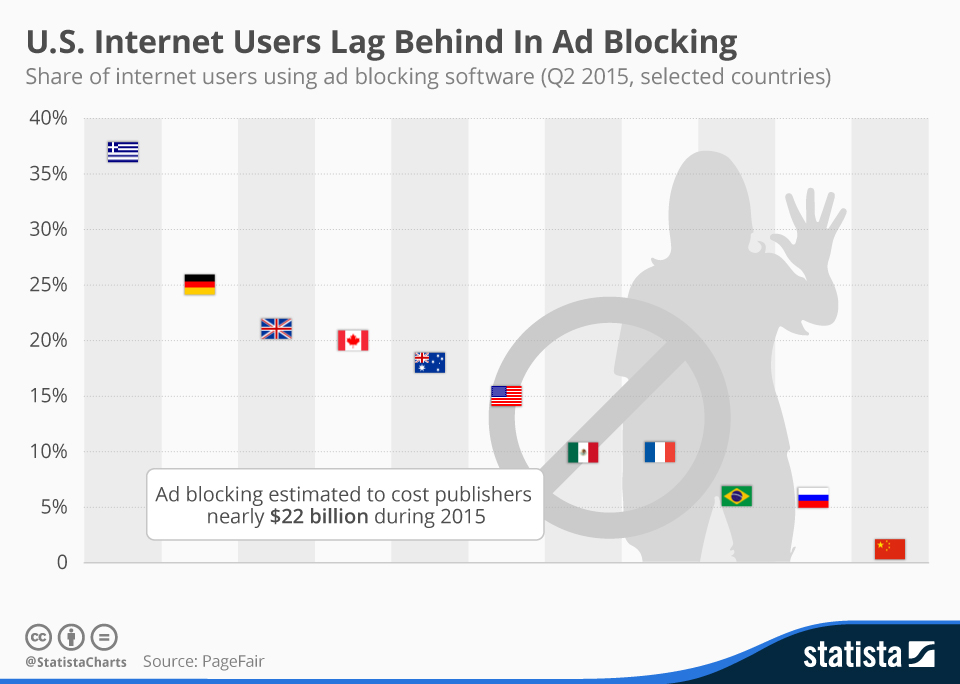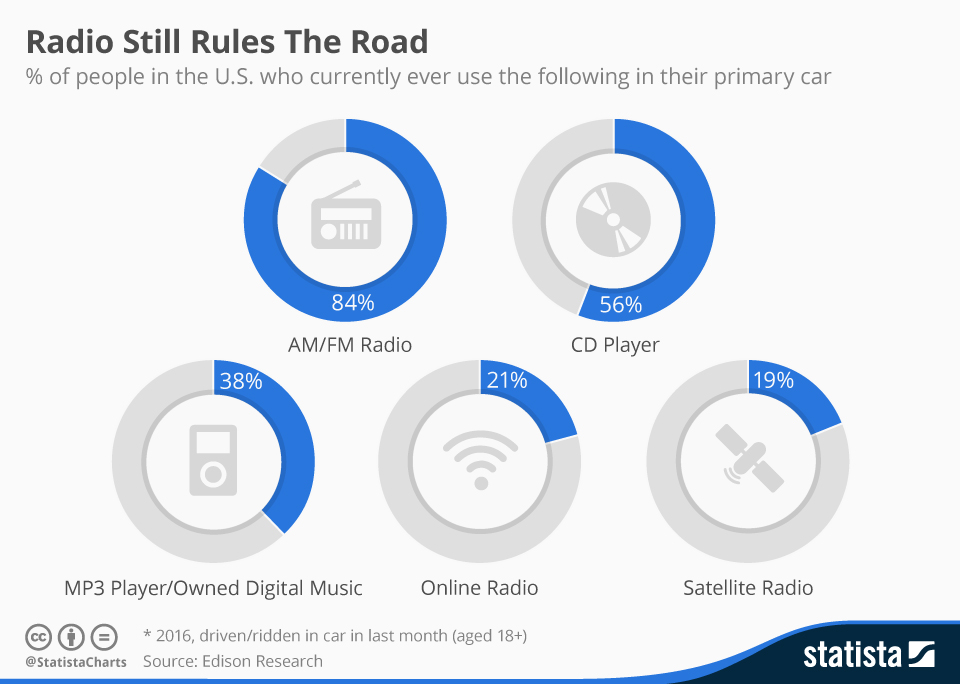Former CBS co-worker Maria Perez is going on a RV road trip adventure with her father, creating a podcast and documentary film along the way. From her promotional site:
Experience… For a retiree and a millennial, it’s a loaded word. After over 50 years of hard labor and starting his life over multiple times and in different countries, for a male immigrant, experience is sacrifice and tiring. For a 20-something, American millennial who has been lucky enough to have had it easy so far, with a bright future ahead of her, experience is planned.
A father and daughter both frustrated by their current situations and looking for inspiration, decide to drop everything to set off across the US for a month. Through this journey they’ll learn about each other and how the people, places and things they encounter are also looking to restart.
Website: http://www.restartthemovie.com/
Perezent Media: http://perezentmedia.com/



